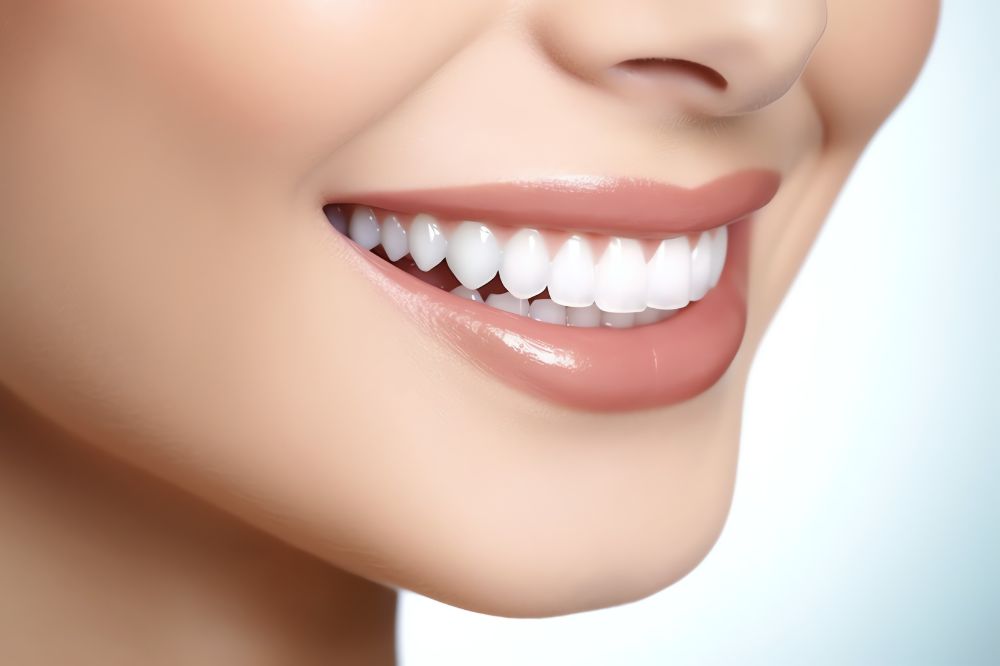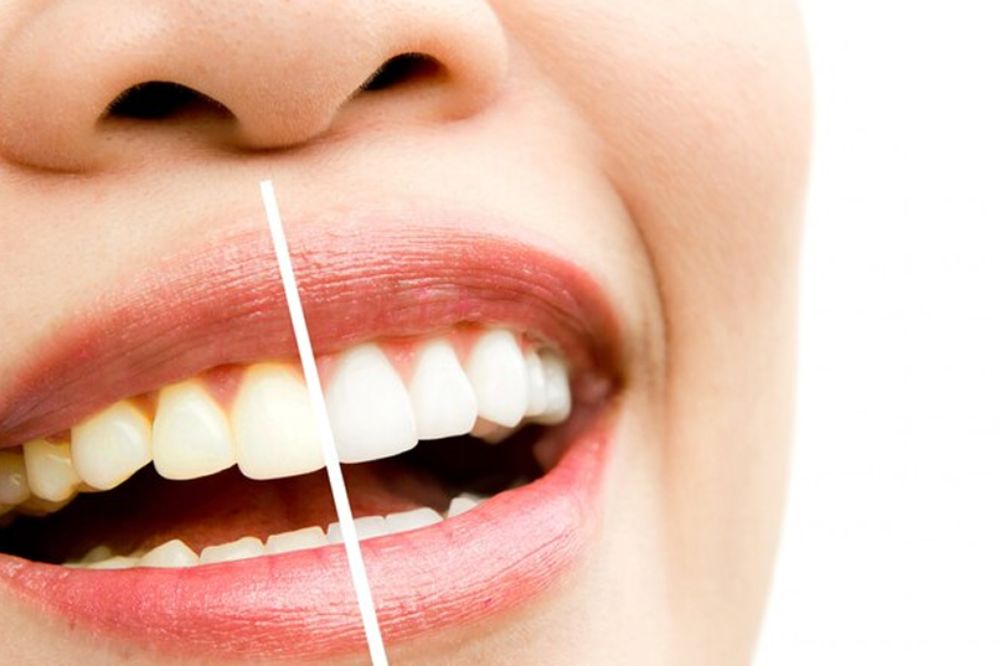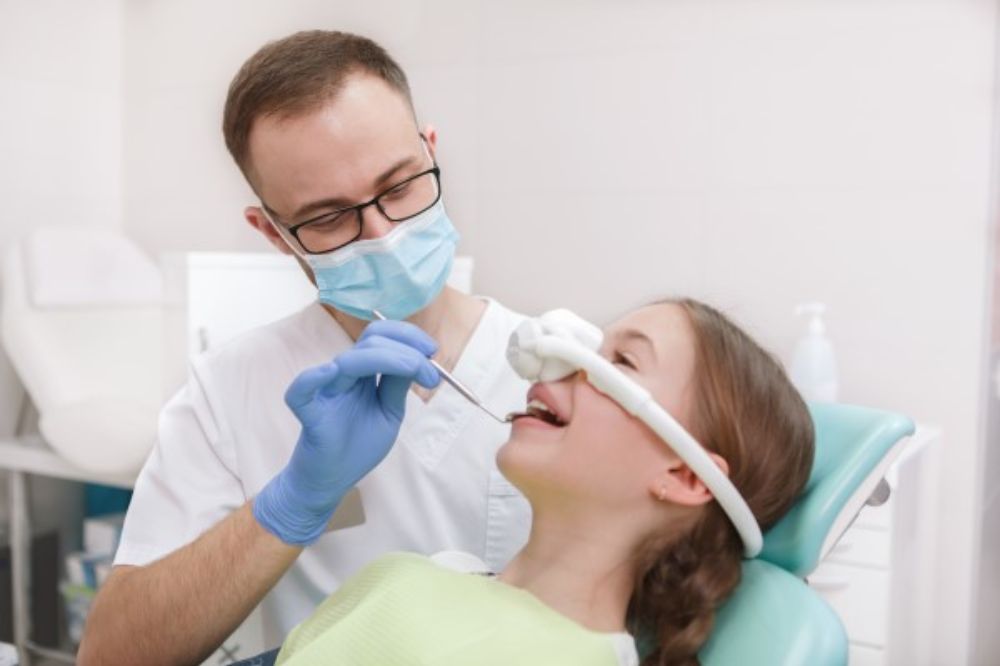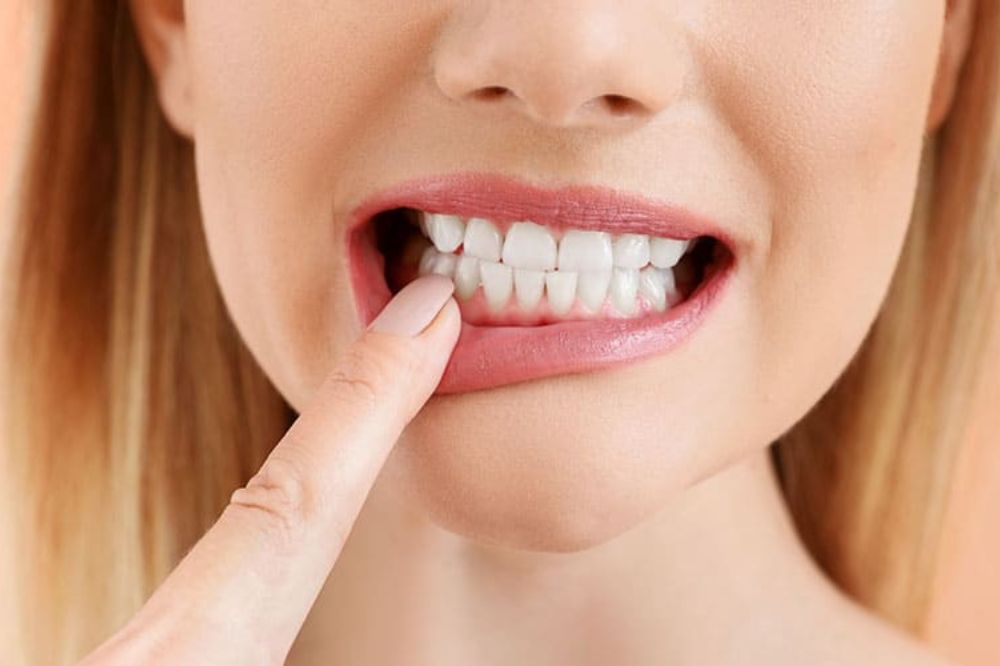Want a sparkly, white smile but are afraid of tooth sensitivity? Most individuals avoid teeth whitening because of the stinging pain sensitive teeth experience. It can be infuriating when thoughts of burning and irritation come to mind when you even think about whitening.
You might wonder if there’s a safe way to whiten without hurting your teeth. The best part is, there are teeth whitening products for sensitive teeth that allow you to get a whiter smile without the pain.
If you’re searching for Teeth Whitening near you, understanding how to whiten safely is the first step to feeling confident again.
What Causes Tooth Sensitivity During Whitening?
Whitening kits usually bleach by expanding the tiny pores in your teeth to remove stains. This, however, will make the nerves in your teeth extremely sensitive to hot, cold, or sweet foods.
If your teeth are sensitive, whitening can even at times produce sudden, stabbing pain or a dull ache.
This is because whitening gels contain chemicals such as hydrogen peroxide, which cause nerves to be inflamed. The relief is that not everyone becomes sensitive to this, and there are measures to prevent or minimize sensitivity.
How Can You Safely Whiten Sensitive Teeth?
If your teeth are sensitive, then the best choice is applying whitening treatments that are subtle but effective. A few alternatives are given below:
- Professional Whitening from a Dentist: The dentist applies custom trays and controlled-bleaching materials that minimize sensitivity. They can customize the strength of whitening gel and cover your gums more effectively than items sold at stores.
- Whitening Toothpaste for Sensitive Teeth: These toothpastes don’t whiten as fast but help reduce sensitivity over time by strengthening your tooth enamel.
- Shorter Whitening Sessions: Reducing the time your teeth are exposed to the whitening gels reduces the chances of hurting.
- Desensitizing Treatments: Some dentists use a specific gel or fluoride treatments before or following whitening to soothe nerves and shield enamel.
What You Can Expect from Teeth Whitening
The process for teeth whitening in Burlington will start by having your teeth examined for cavities, gum disease or any other condition that affects your teeth’s overall health.
The dentist will discuss your options, including which method suits your sensitivity level, and the dentist will also explain the treatment and what to expect and feel during and after treatment.
They will also suggest products to use at home that enhance the whitening without additional sensitivity. The process is made safer and more comfortable by this tailored treatment.
Are Over-the-Counter Products Safe for Sensitive Teeth
More than half of OTC whitening products make teeth more sensitive because they contain stronger gels without professional recommendation.
Over-the-counter strips, gels, or trays may be ill-fitting or too harsh to whiten adequately without damaging your gums and teeth.
If you want to experiment with these products, seek those that are labelled for sensitive teeth. Use them as instructed and never overuse them.
The very best thing you can do, however, is speak with a dentist near you who is aware of your dental history and can advise you on what you should do.
How Can You Prevent Sensitivity After Whitening?
After whitening, it’s common to feel some sensitivity for a few days. You can reduce this by:
- Using toothpaste for sensitive teeth regularly
- Avoiding very hot, cold, or acidic foods and drinks for a few days
- Drinking plenty of water to keep your mouth clean
- Avoiding brushing too hard right after whitening
If sensitivity lasts longer than a week, it’s important to see your dentist to check for any issues.
Can Anyone with Sensitive Teeth Get Their Teeth Whitened?
Most people with sensitive teeth can safely whiten if they take the right precautions. However, whitening isn’t recommended if you have untreated cavities, gum disease, or very thin enamel. A dentist in Burlington can examine your mouth and tell you if whitening is safe for you.
In some cases, the dentist might suggest alternative cosmetic options like dental bonding or veneers that don’t affect your tooth sensitivity but still improve your smile.
Wrapping Up!
If sensitive teeth have kept you from whitening, waiting too long could mean stains get worse and harder to remove. The discomfort you feel now might increase if you ignore it. Taking action soon can protect your teeth and give you the confidence of a whiter smile without pain.
Safe Whitening, Bright Smile Ahead.
Don’t wait until sensitivity controls your smile. Book a consultation with Burlington Family Dentists today for a safe and effective teeth whitening experience.





